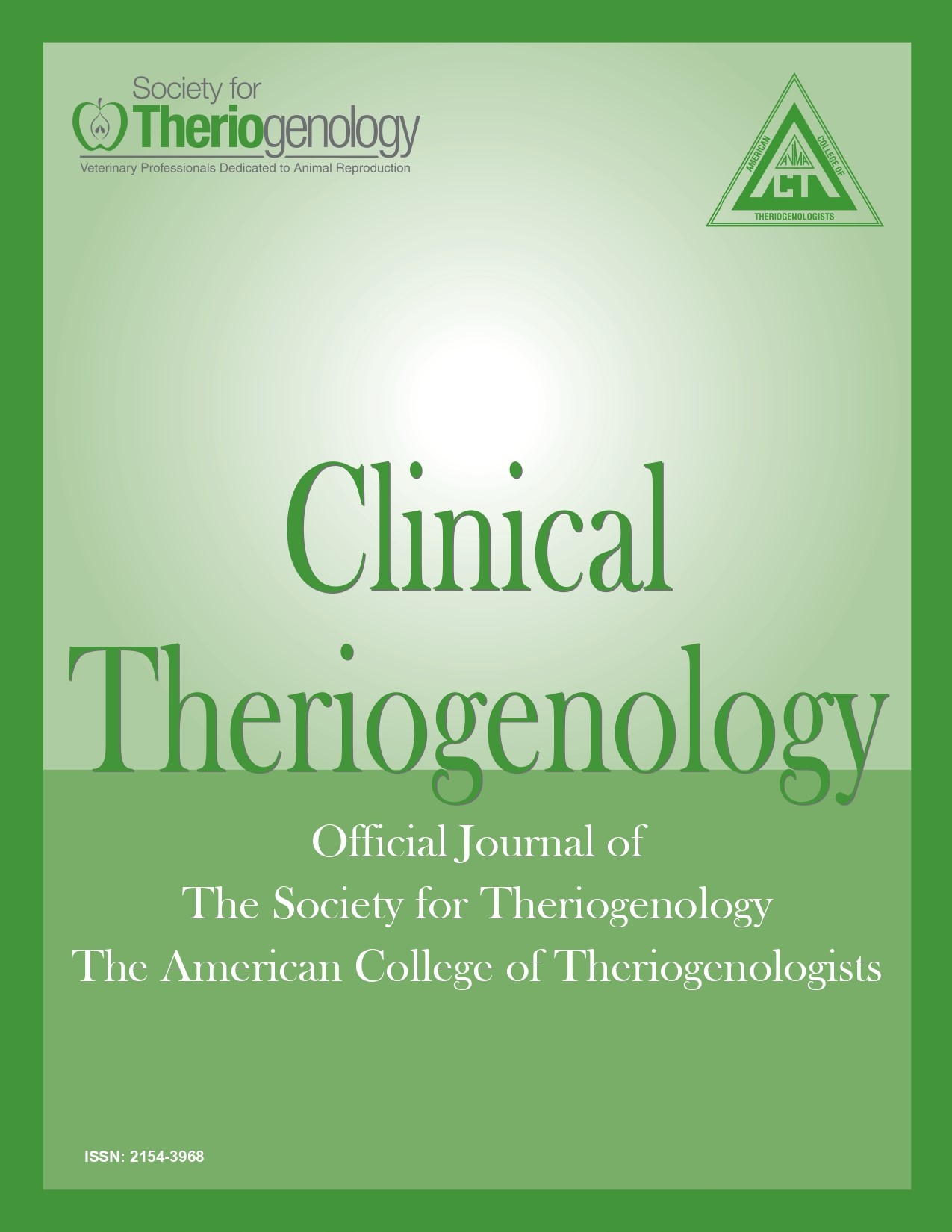Major Infectious Abortion Diseases Of Domestic Animals And Their Zoonotic Implications
Abstract
Convergence of people, animals, and our environment is inevitable in the present world creating a new dynamic. A dynamic in which the health of humans and animals and the wellbeing of the environment are inextricably linked carrying both benefits and risks. One such risk includes the impact of animal abortion diseases on human health. Abortions that occur in animals not only result in severe economic loss but also pose a threat to people if these agents have zoonotic implications. Knowledge of ‘nonabortion pathology’ of animals is important since these are the major lesions, more than the incidence of abortion, observed in people following infection by these agents. Major infectious abortion diseases of domestic animals that have zoonotic importance are discussed. The list includes brucellosis, leptospirosis, coxiellosis, listeriosis, chlamydophiliosis and waddliosis, toxoplasmosis, and campylobacteriosis. This review summarizes the information on etiological agents, major clinical signs in animals and humans, and available vaccinations for animals. Four key future directives are suggested to address the domestic animal abortion diseases from the perspective of their impact on human health. The directives are establishment of programs in comparative medicine, initiation of further research in the disease process in animals, continuation of spatial and temporal analyses of the diseases for a region, and finally completion of epidemiological representation of the disease.
Downloads
Authors retain copyright of their work, with first publication rights granted to Clinical Theriogenology. Read more about copyright and licensing here.





